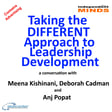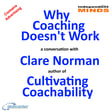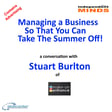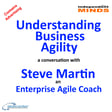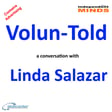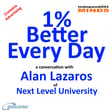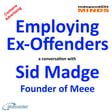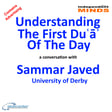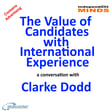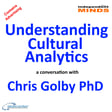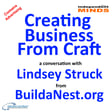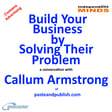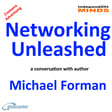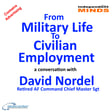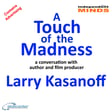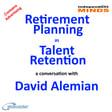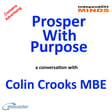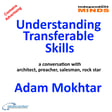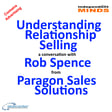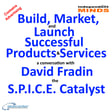
The Power of Differentiation – a conversation with marketing expert Barry LaBov
Barry LaBov is the marketing expert who has developed a proprietary Brand Re-Engineering process that will help any organisation discover and maximise the value of their brand.
In this episode of The Independent Minds Barry explains to Michael Millward the difference between being different and having a differentiation that customers can identify and buy into.
Before you can win market share explains Barry, an organisation must first win hearts and minds.
During this conversation Barry uses examples from brands like Harley Davidson, Volkswagen, Audi, and Michael throws in classic Great British brands like Jaguar and Land Rover.
You will leave this podcast, as Michael did, enthused to find the power of your brands differentiating factors.
You can buy Books by Barry LaBov at these links
The Independent Minds is made on Zencastr.
Zencastr is the all-in-one podcasting platform, on which you can create your podcast in one place and then distribute it to the major platforms like Spotify, Apple, and Google. It really does make creating content so easy.
If you would like to try podcasting using Zencastr visit zencastr.com/pricing and use our offer code ABECEDER.
Find out more about both Michael Millward and Barry LaBov at Abeceder.co.uk
Travel
Barry LaBov works globally from his base in Indiana, USA.
If you would like to travel Indiana the best place to make your travel arrangements is The Ultimate Travel Club, which is where you can access trade prices for flights, hotels and holidays. Use my offer code ABEC79 to receive a discount on your membership fee.
Matchmaker.fm
Thank you to the team at Matchmaker.fm the introduction to Barry LaBov.
If you are a podcaster looking for interesting guests or if like Barry, you have something very interesting to say Matchmaker.fm is where matches of great hosts and great guests are made. Use our offer code MILW10 for a discount on membership.
Three the network
If you are listening to The Independent Minds on your smart phone, you may like to know that Three has the UK’s Fastest 5G Network with Unlimited Data, so listening on Three means you can wave goodbye to buffering.
Visit Three for information about business and personal telecom solutions from Three, and the special offers available when you quote my referral code WPFNUQHU.
Being a Guest
If you would like to be a guest on The Independent Minds, please contact using the link at Abeceder.co.uk.
We recommend that potential guests take one of the podcasting guest training programmes available from Work Place Learning Centre.
We appreciate every like, download, and subscriber.
Thank you for listening.
